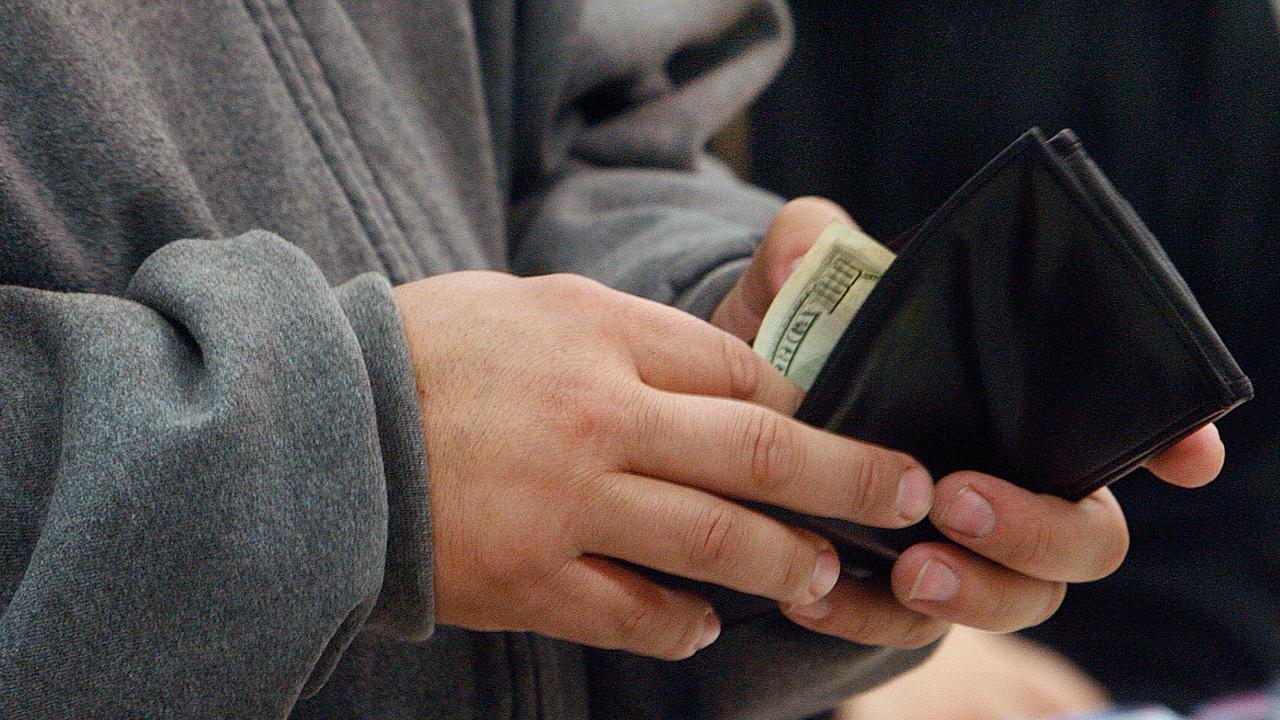Trump administration proposes rollback of tip-pooling rule
The U.S. Department of Labor on Monday proposed eliminating an Obama administration rule that allowed restaurant employees to keep their tips instead of being forced to share them with non-tipped workers, saying the rule had contributed to pay disparities between servers and other staff like cooks and dishwashers.
Employers who pay the tipped minimum wage, which is lower than the standard minimum wage of $7.25 per hour, cannot pool tips and share them with non-tipped workers under federal wage law. The Obama administration rule, which was adopted in 2011, also banned the practice for businesses that pay the higher minimum wage.
The ban on tip-pooling is the latest labor regulation that was seen as helping workers to be targeted by the Trump administration. The Labor Department in July took the first steps toward repealing an Obama administration rule that would have extended mandatory overtime pay to more than 4 million workers. And in August, the administration blocked a rule that would have required companies to report employee wage data broken down by sex and race.
The department had already stopped enforcing the tip-pooling ban nationwide in July.
Tipped workers are among the most vulnerable workers in the country, said Saru Jayaraman, president of the union-backed Restaurant Opportunities Centers United. Repealing the rule would leave them even worse off, she said.
"By allowing employers to take control of their employees' tips, this regulation would push a majority-women workforce ... further into financial instability, poverty, and vulnerability to harassment and assault," she said in a statement.
A spokesman for the Labor Department did not immediately respond to a request for comment.
The department said its proposal would be formally published on Tuesday, kicking off a 30-day public comment period.
The rule has been criticized by industry groups who say tip pooling is necessary to address the compensation gap between servers, who have been earning more as food prices increase, and untipped colleagues in the kitchen.
But the Trump administration could face legal challenges from workers' rights groups if it does away with the ban.
Christine Owens, the executive director of the National Employment Law Project, said in a statement the proposal did not indicate how much money tipped workers could lose if the rule is eliminated, which is required by federal law.
The U.S. Supreme Court is considering whether to review a challenge to the tip-pooling ban by the National Restaurant Association and other groups.
(Reporting by Daniel Wiessner in Albany, New YorkEditing by Alexia Garamfalvi and Matthew Lewis)




















